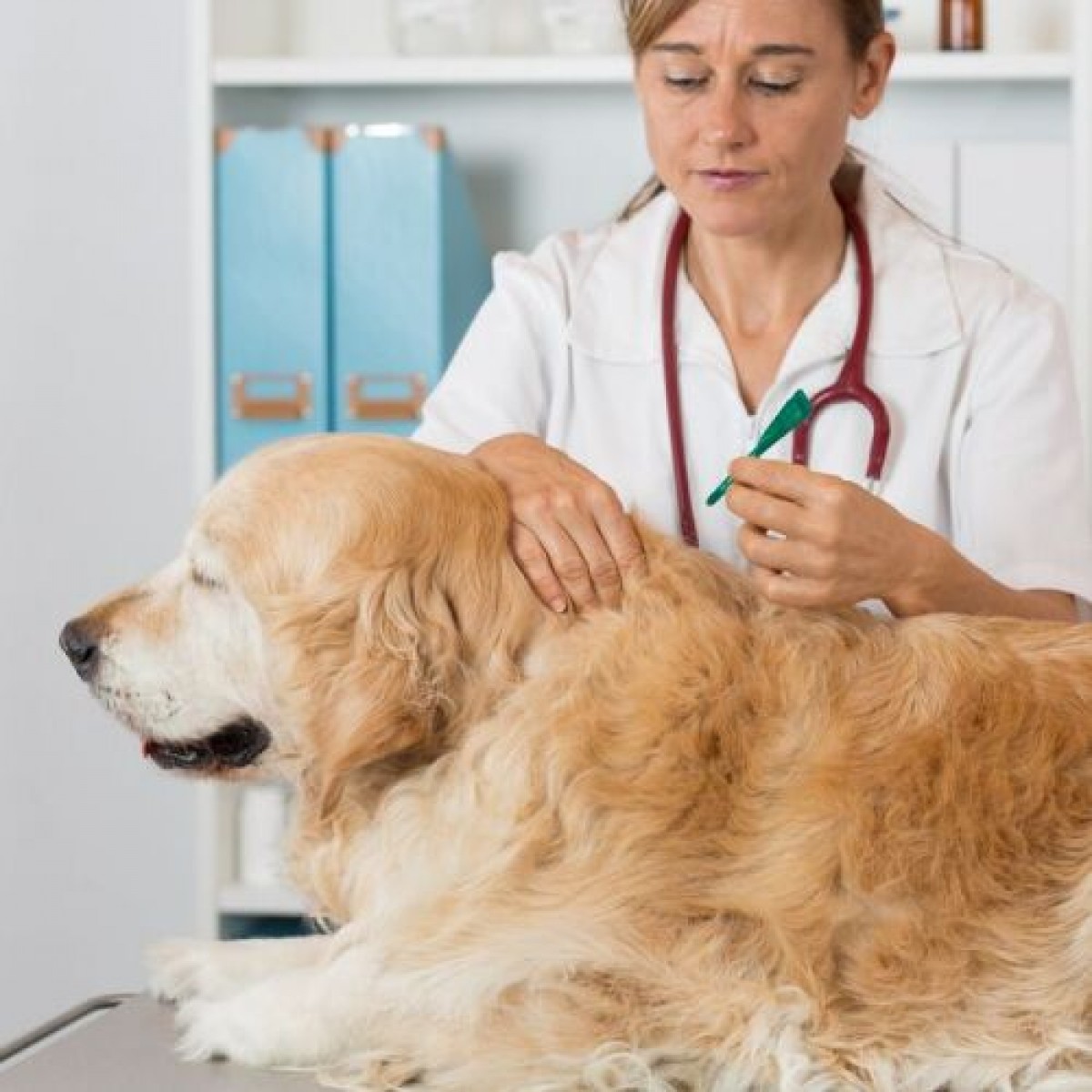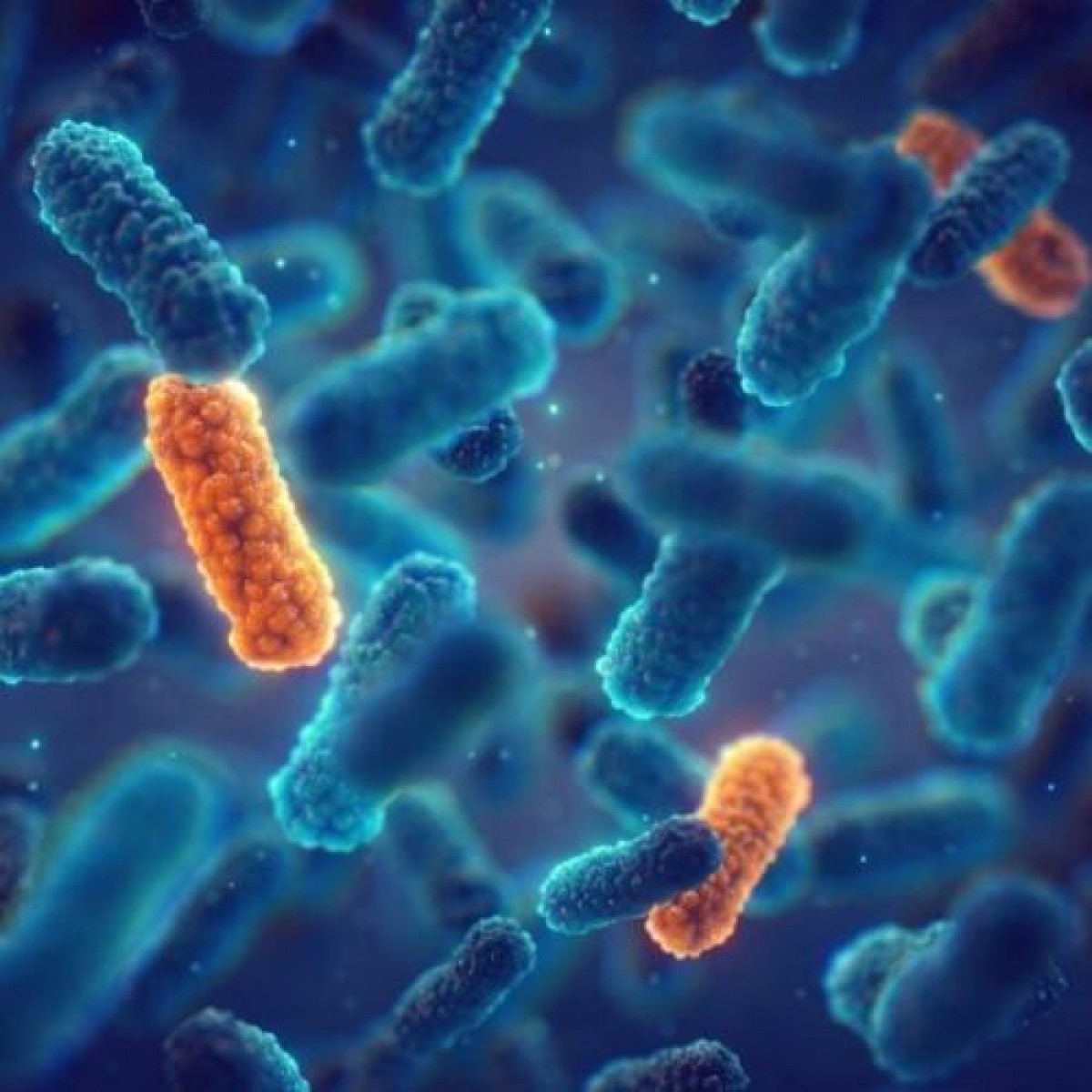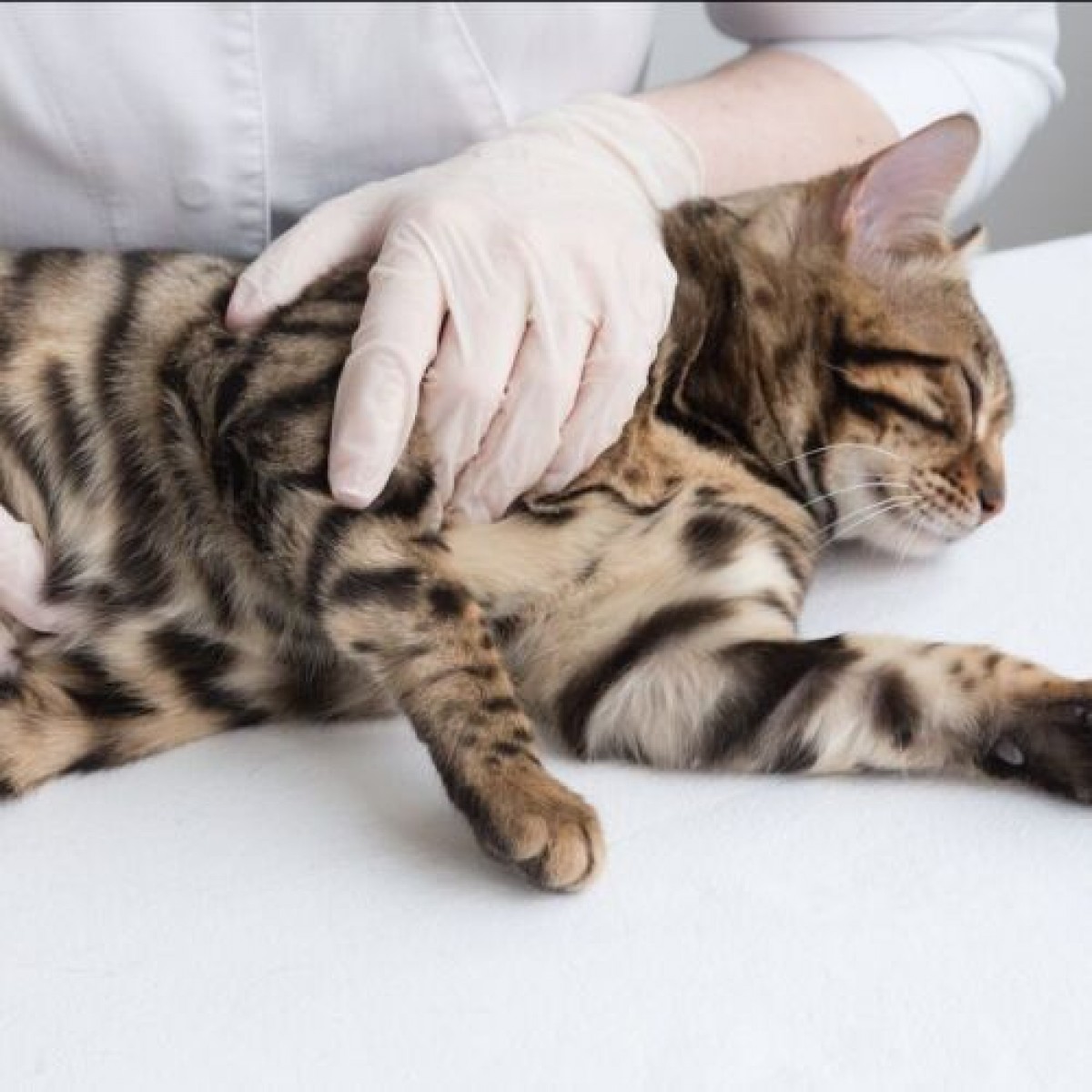Developed the first rapid multispecies test for the serological diagnosis of SARS-CoV-2 infection in companion animals
This analytical tool can be used in the serological surveillance of animals both in the field of research and in the veterinary clinic.
A multidisciplinary team of Aragonese researchers has allowed the development of a rapid immunochromatography test for the serological diagnosis against SARS-CoV-2 in companion animals, which can be used in a simple way, in situ, without the need for a laboratory. The professor at the University of Zaragoza Mª Dolores Pérez Cabrejas is the main researcher of this project within the Covid-19 Santander-Unizar Program “Technological Innovation Projects for the year 2020 of the University of Zaragoza”, of the Vice-Rector's Office for Technological Transfer and Innovation, financed by Banco Santander.
The development of this test has been the result of the interdisciplinary collaboration of different groups with extensive experience in the development of immunochemical techniques (UNIZAR-IA2), in the expression and purification of glycoproteins (UNIZAR-BIFI) or in human immunology (Institute of Health Research Aragón, IIS Aragón). To carry out this project, we have also had the collaboration of the Aragonese biotechnology company Zeulab, which has made the R&D laboratory equipment available to the project and has participated in the preparation and validation of the prototype of the test developed.
OIE priority objective
Pets living with people infected with Covid-19 are exposed to the virus and the risk of SARS-CoV-2 infection cannot be ruled out. From an epidemiological point of view, the role that companion animals can play in this infection is still unknown. Given this lack of information, it is necessary to develop specific diagnostic tests to be used in the veterinary field, this being one of the priority objectives set out by the World Organization for Animal Health (OIE). In this regard, the OIE has indicated that carrying out extensive serological surveillance presents a greater probability of detecting eventual infection in animals than carrying out a molecular diagnosis, as has been shown in other viral zoonoses.
The objective of this project has been the development of a rapid multispecies lateral flow immunochromatography test, based on the detection of anti-SARS-CoV-2 antibodies, for its use in serological diagnosis in companion animals.
For the development of the test, different arrangements have been tested to select the best format with which a prototype was finally prepared. For its validation, human and animal sera previously analyzed using an ELISA test on a multispecies plate, developed by the researchers participating in the project, have been used, which has been the subject of a patent application by the University of Zaragoza that was presented on last March at the European Patent Office.
The results obtained in the project indicate that the immunochromatographic test developed allows detecting the presence of antibodies against the SARS-CoV-2 virus in human sera diagnosed with Covid-19, as well as in pets that had given a positive result by the serological technique by ELISA. In addition, it has been observed that some of the pets living with people infected with the virus had antibodies against SARS-CoV-2.
To assess the role of pets in the epidemiology of SARS-CoV-2
This development constitutes the first rapid multispecies test for the serological diagnosis of SARS-CoV-2 infection in animals. In addition, the developed format, due to its ease of use, can be used at the point of care (Point-of-Care) without the need for a laboratory, and because of its speed, it allows immediate decision-making. For this reason, it represents an analytical tool that can be used in the serological surveillance of animals both in the field of research and in the field of veterinary clinics. The use of these tests would allow evaluating the potential role of pets and companion animals in the epidemiology of SARS-CoV-2.
In this project, together with Mª Dolores Pérez Cabrejas (Principal Investigator), the following have participated: Sergio Villanueva Saz, Lourdes Sánchez Paniagua, Antonio Fernández Casasnovas, Mª Teresa Verde Arribas and Ana Pilar Tobajas de la Fuente of the University of Zaragoza-Agri-Food Institute Aragon (UNIZAR-IA2); Ramón Hurtado Guerrero from the University of Zaragoza- Institute of Biocomputation and Physics of Complex Systems (UNIZAR-BIFI); Julián Pardo Jimeno from the Aragon Health Research Institute (IIS Aragón); Luis Mata Vallespín and Patricia Galán Malo, from the Aragonese biotechnology company Zeulab.














List
Add
Please enter a comment